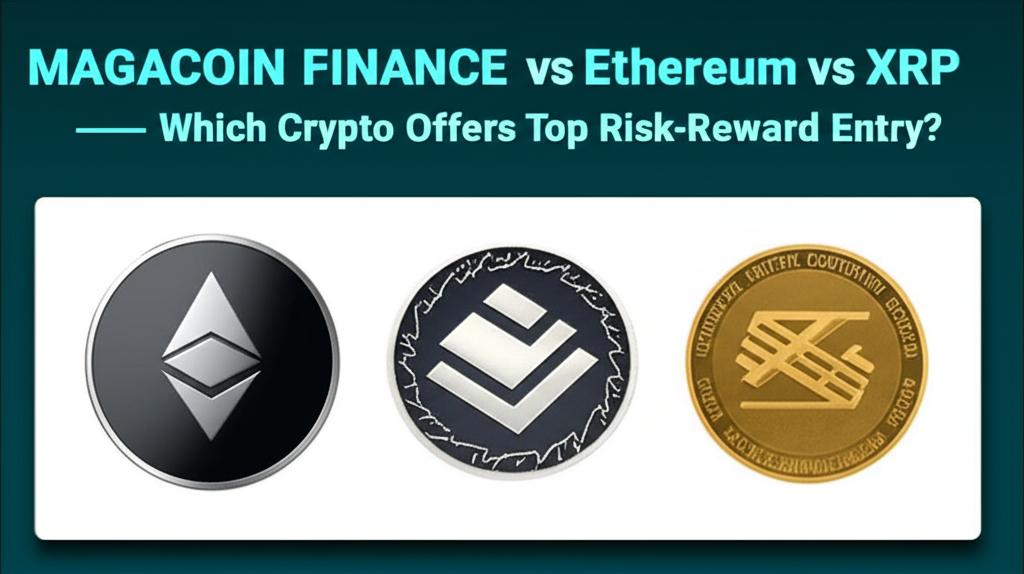Ethereum co-founder Vitalik Buterin recently shared his insights on the recent setbacks surrounding AI chatbots, while Bitcoin’s value surged past the $120,000 mark, marking a significant milestone in the cryptocurrency market.
The recent wave of AI chatbot releases has brought to light significant technological and ethical challenges. Buterin pinpointed these struggles as indicative of the growing pains in artificial intelligence development, where the limitations of current AI models become clear amid heightened public scrutiny. These AI chatbots, initially anticipated to revolutionize user interaction through natural language processing, stumbled due to performance gaps and unforeseen ethical dilemmas, generating widespread disappointment among users and developers alike.
Buterin emphasized that these challenges are not merely technical failures but also raise fundamental questions about the ethics and transparency of AI systems. “The AI chatbot setbacks underscore the limitations of current models and the necessity for more transparent, ethical AI development,” he remarked, drawing attention to how these issues could shape future AI innovation paths.
Parallel to these developments, Bitcoin has experienced a remarkable rally, pushing its price beyond the $120,000 mark. This ascent has been driven by an influx of institutional investment and a growing enthusiasm from retail investors. The resultant capital flow into Bitcoin has been unprecedented, signaling a broadening acceptance of the cryptocurrency as both an investment vehicle and a store of value.
Market analyst Jane Doe reflected on this momentum, stating, “Bitcoin’s surge is not just a price phenomenon; it reflects deeper institutional confidence and a shifting financial landscape.” This shift marks a crucial turning point in how digital currencies are perceived in the broader economic environment.
The Bitcoin rally equates to a robust 60% price increase over the past six months, ranking the cryptocurrency among the top performing global assets this year. This surge underscores the growing appetite for alternative asset classes amidst conventional market volatility. Investors are increasingly looking towards cryptocurrencies like Bitcoin for diversification and potential returns that traditional markets may not offer.
However, this milestone comes with potential regulatory implications. Experts have warned that Bitcoin surpassing the $120k threshold is likely to attract intensified regulatory scrutiny. Governments and financial authorities in major economies might consider this moment as a catalyst for revising existing digital asset laws and introducing new policies to address issues around market stability, consumer protection, and anti-money laundering.
Adding to the complexity is the ongoing debate around the broader impact of AI chatbots. The failures witnessed have sparked questions regarding the future role of artificial intelligence in financial technologies and other sectors. As AI continues to intertwine with various industries, its integration into fintech, including cryptocurrencies like Bitcoin, presents both opportunities and challenges that need to be carefully managed.
The issues confronting AI chatbots represent a critical juncture in artificial intelligence’s evolution. Developers and stakeholders are now tasked with learning from these setbacks, focusing on improvements in model design, establishing ethical guidelines, and rebuilding user trust to ensure AI’s constructive role in society.
Meanwhile, Bitcoin’s unprecedented rise draws historic parallels to earlier cryptocurrency booms but stands out due to its scale and the changing composition of its investors. The increased participation of institutional players signals a maturation of the market, differentiating the current phase from previous speculative cycles.
Looking forward, the convergence of advanced AI technologies and cryptocurrency markets holds the potential to shape innovative financial solutions and regulatory frameworks. Both sectors are poised to navigate significant hurdles, including technological limitations, ethical concerns, and regulatory pressures. Yet, they present vast opportunities for transformative growth that could redefine the future of global finance and digital interaction.




